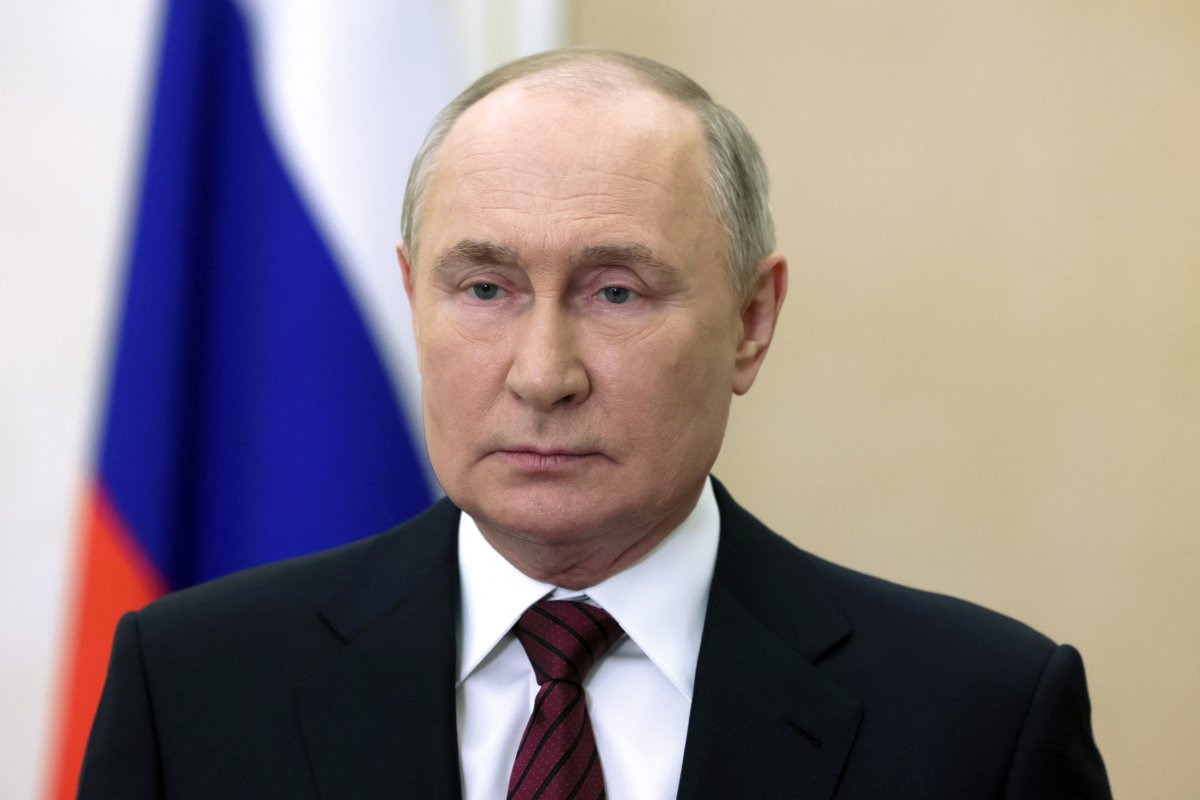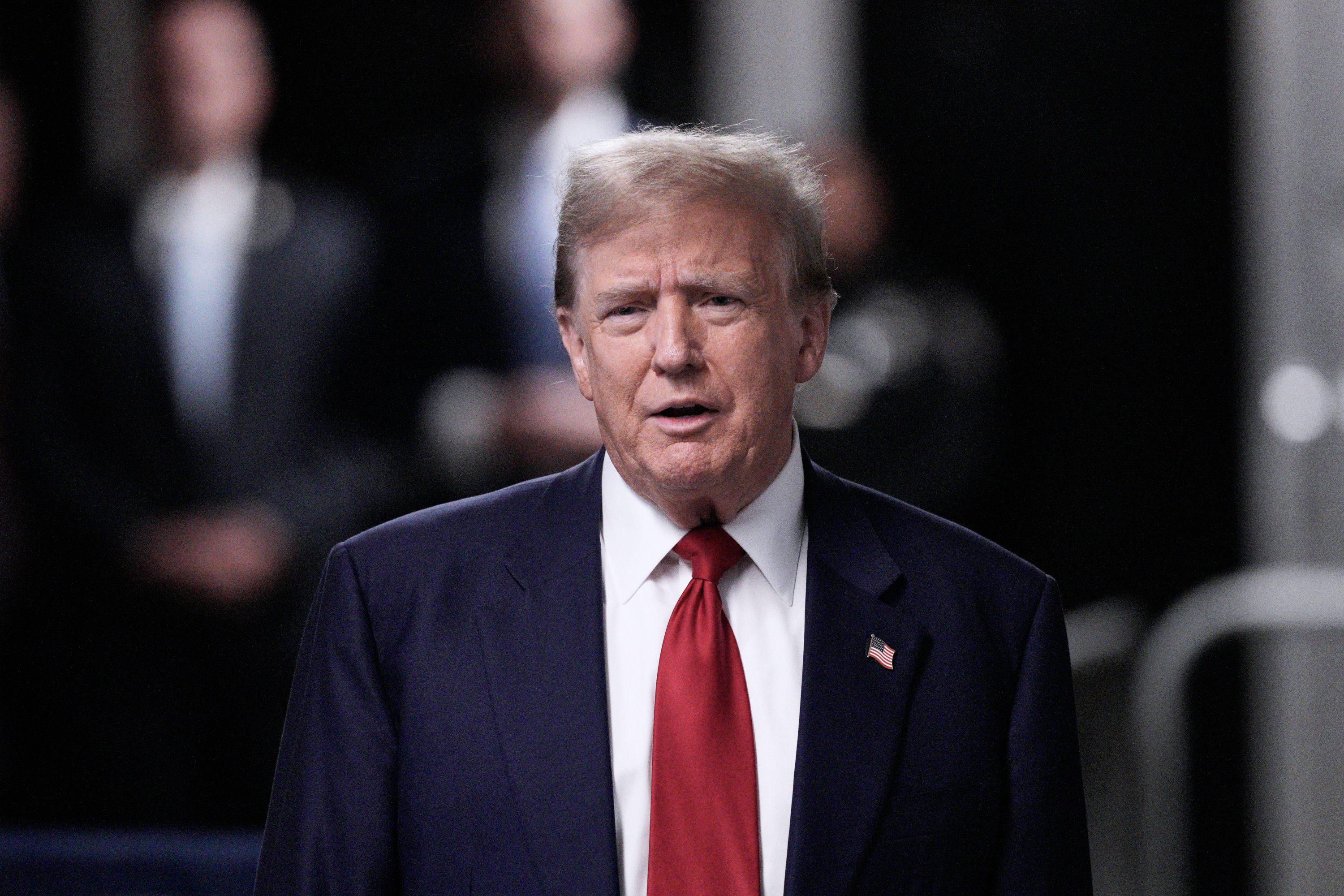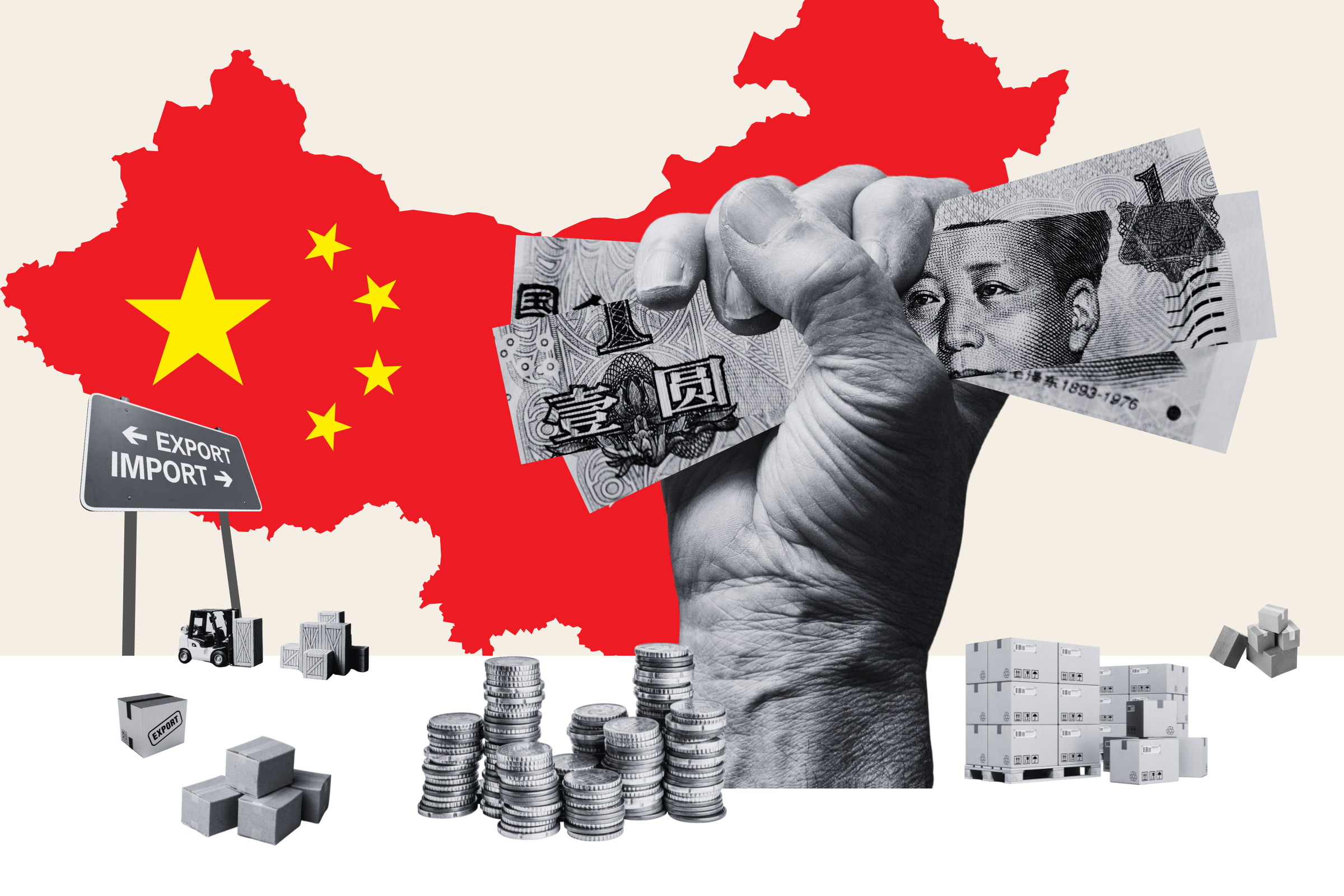As the Russian invasion of Ukraine enters its third year, tens of thousands of Ukrainians have been killed by Russia's brutality. One-fourth of Ukraine's total population remains displaced, and several Ukrainian cities and villages have been destroyed. Meanwhile, Russia has had over 400,000 casualties. The Russians have also lost tens of billions of dollars in military equipment. Despite this death and destruction, Russia's war continues without an apparent end.
When the invasion began, the international community quickly banded together to support Ukraine. Throughout the war, the world has provided the Ukrainians with billions in defense, humanitarian, medical, and financial aid. The globe also implemented stiff sanctions on Russia to punish it for its behavior.
The punishments had quick results. According to the World Bank and the International Monetary Fund, Russia's gross domestic product (GDP) declined by 2.1 percent in 2022. Thousands of companies suspended or paused their operations in Russia, further impacting the Russian economy. Western countries diversified their energy markets to reduce their reliance on Russian energy. And hundreds of Russian politicians and oligarchs had their assets frozen or seized. Western countries are now exploring how these Russian assets can be used to help Ukraine rebuild itself.
But there has been a recent upturn. While the international community is still examining how it can further punish Russia for its war, the Russian Federation is exploring ways to boost its economy and counter the effects of international sanctions. According to reports, Russia's GDP had a 3.6 percent rebound in 2023, as Russian military spending helped improve the Russian economy. This surprised experts as they had predicted it would take the Russians more time to rebuild their economy.
Russia's energy market has also helped the Russian economic boom. While the United States and Europe have "banned the import of Russian oil and natural gas," several loopholes in sanctions have allowed the Russians to continue making profits from its energy market. Russian crude oil is still being sent to the United States. According to a PBS report, "hundreds of millions of dollars worth of fuel ... still end[ed] up in American gas tanks." How did this happen?
Russia has been selling oil to countries with large oil refineries. Russian crude is blended with other crudes, and it is refined into gasoline. The finished product is prepared and shipped to various countries around the world. Then, when the United States imports gasoline from a foreign vendor, such as countries from the Middle East or Latin America, the Russian Federation receives profits from these exchanges.
The United States is not the only country where this has occurred. BBC News uncovered similar events occurring in the United Kingdom. The report found that, like the U.S., the U.K. is purchasing oil that includes Russian crude. The European Union (EU) also purchased 35 million barrels of refined fuel in 2023. It is estimated that the Russian Federation made over 1 billion euros from these EU purchases.
These developments are undermining sanctions. Profits from the energy market will allow Russia to continue financing its ongoing war in Ukraine. How, then, can the international community apply additional pressure on Russia to force it to stop its war?

First, the globe should ban imports that include Russian oil. Refineries in countries such as India, the United Arab Emirates, or Turkey will know if they are purchasing Russian crude. This will be identifiable via payment transfers. These countries know that they rely on the U.S., U.K., and EU to purchase their goods. If Western countries stopped buying gas from these third-party vendors, then this would hurt their economies. It would incentivize them to no longer purchase Russian crude. As a result, the Russian Federation's energy market would suffer.
Second, countries should ban vessels loading Russian oil at their ports. Many Russian ships have already been barred from docking at numerous Western cities. Similarly, Western vessels and companies should be prohibited from storing and transporting Russian oil. This would limit the distribution of Russian gas across the globe, and it would reduce Russian profits.
Finally, the international community should seek to implement price caps on Russian energy exports. This regulation would set a limit on the price of Russian oil. It would ultimately drive down the cost of Russian oil. This would lead to a further reduction in Russian energy revenues.
Pursuing these policies would establish greater restrictions on the Russian energy market. It would lead to a drastic decline in Russian energy profits, and it would close a significant loophole that exists in Russian sanctions policy.
Critics will state that implementing these policies will result in higher oil and gas prices, demand for these products would remain high, and orchestrating such a policy would isolate a major energy producer. They would also say it would put more pressure on consumers, and costs of living would increase. But this is a small price to pay.
While the globe may face financial inconveniences for paying higher gas prices, the cost for Ukraine has been higher as many Ukrainians have paid their price in blood. Implementing a ban on Russian crude, and sanctioning vessels from carrying Russian oil, will hinder Russia's energy market. It would eliminate a significant source of income that allows Russia to finance its invasion of Ukraine. This, in turn, would accelerate the end to Russia's unjust war.
Mark Temnycky is an accredited freelance journalist covering Eurasian affairs and a nonresident fellow at the Atlantic Council's Eurasia Center. He can be found on X @MTemnycky.
The views expressed in this article are the writer's own.
Uncommon Knowledge
Newsweek is committed to challenging conventional wisdom and finding connections in the search for common ground.
Newsweek is committed to challenging conventional wisdom and finding connections in the search for common ground.
About the writer
To read how Newsweek uses AI as a newsroom tool, Click here.








